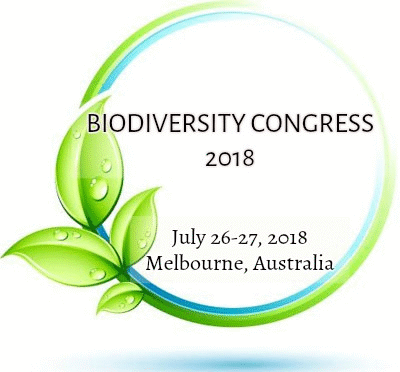
Salim Momtaz
University of Newcastle, Australia
Title: Vulnerability of women’s livelihoods and their coping mechanisms in the face of climate change in coastal regions of Bangladesh
Biography
Biography: Salim Momtaz
Abstract
Bangladesh is frequently cited as a country that is most vulnerable to climate change. In Bangladesh, most of the adverse effects of climate change occur in the form of extreme weather events, such as cyclone, flood, drought, salinity ingress, river bank erosion and tidal surge, leading to large scale damage to crops, employment, livelihoods and the national well-being. Although it is generally stated that women are relatively more vulnerable than men in the context of climate change, few studies have been conducted to closely examine this statement, especially in Bangladesh. The present study, investigates the structure of women’s livelihoods, livelihood vulnerabilities and coping capacity in the context of climate variability and change in a disaster vulnerable coastal area of Bangladesh. Utilising the concepts of sustainable livelihood framework (SLF) and disaster crunch model (DCM), this study allows for a greater understanding of these issues on the ground. The results show that the distribution of five livelihood capitals (human, natural, financial, social and physical) of women are heavily influenced by several climatic events, such as cyclones that periodically affect the region. Women also face several vulnerabilities in their livelihoods, including income, household assets, health, food security, education, water sources, sanitation and transportation systems, because of ongoing climate change impacts. The results indicate that it is extremely important to instigate strategies to help build the adaptive capacity of women

